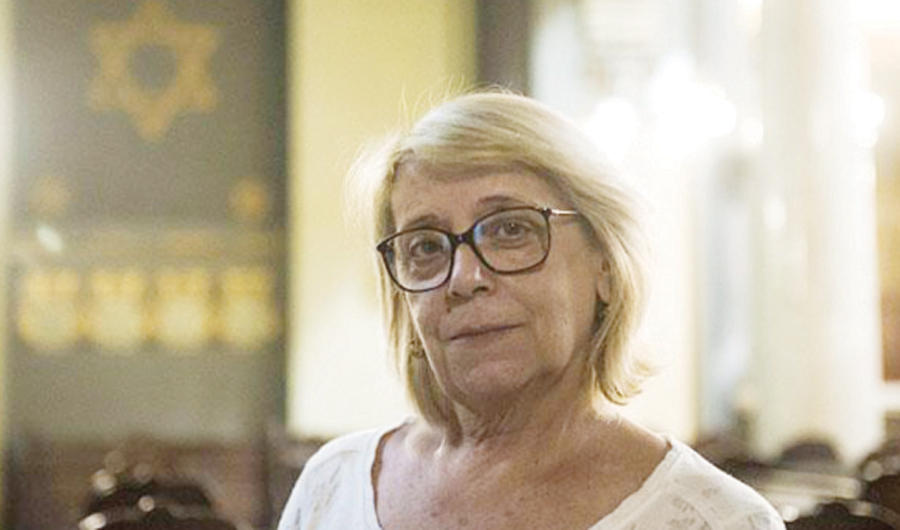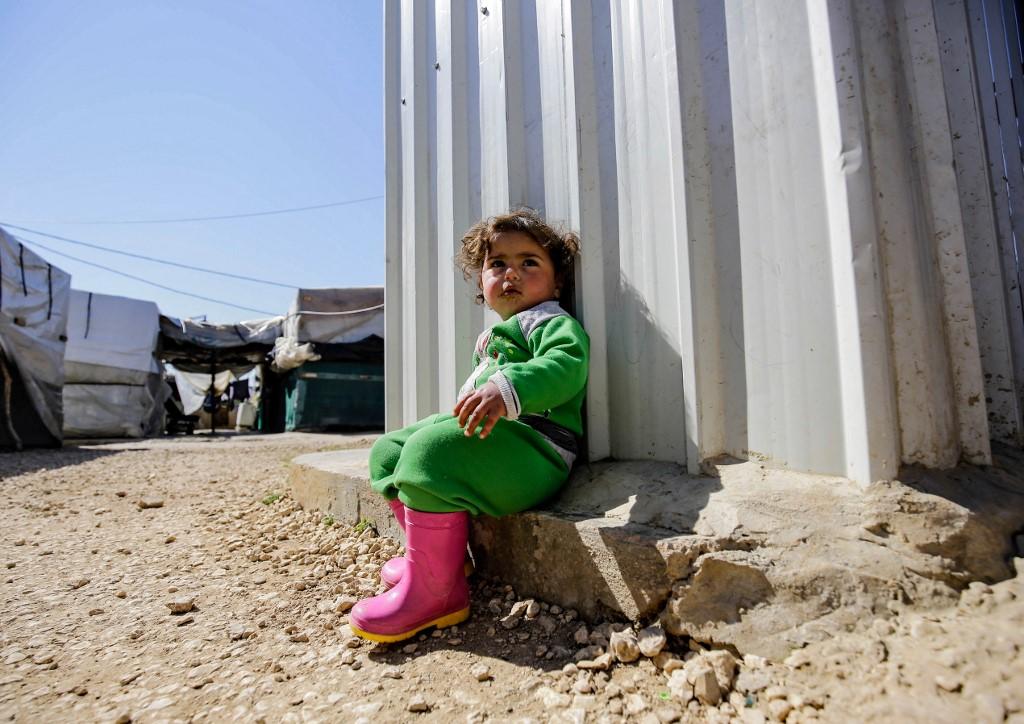Six women are all that remain of a once-thriving Jewish community in Cairo
CAIRO: In 1971, Egyptian daily newspaper Akhbar Al-Youm published a story by journalist Abdel Wahab Mursi about Cairo’s “Jewish Alley,” and how it had changed during successive migrations by Jews from Egypt.
Mursi pointed out that the name is misleading and that this “alley” was in fact an entire neighborhood which, at the time of his report, was home to about 25,000 people. However, only 18 of them were Jewish, all of them elderly or widows. The rest were Muslims and Copts.
“The Jews who did not sell their property during the time of immigration never allowed others to live in the houses they left,” wrote Mursi. He also writes about a number of synagogues, including one called Rab Ishmael at 13th Al-Sakkia Street. Another, called Moses Ben Maymon and also known as Hermban, at 15th Dar Mahmoud had collapsed suddenly on the first day of Ramadan in 1970. Other temples mentioned in his story include Al-Torkeya, Al-Istaz, Rab HayiinQabous, Ram Zamra and Al-Yahoud Al-Feda’eya.
Almost 50 years after the story was published, much has changed in Jewish Alley. Most notably, the entire Jewish community in Egypt, led by Magda Shehata Harun, now numbers six women, according to a statement they issued in 2016 following the death of one of their number, Lucy Sawel. As for the synagogues, all but one — the Adli Temple in Downtown Cairo — have vanished or become derelict ruins.
“Both the establishment of the State of Israel in 1948 and the outbreak of war between Jews and Arabs had a distinctive impact on the role of the Jewish community in Egypt,” said Egyptian historian and writer Mohammed Abul Ghar. Most of the Jews liquidated their businesses and property and migrated to Europe, America or Israel.”
Egypt was once host to the largest Jewish community in the Arab world. It was influential and involved in various aspects of Egyptian society. Although there are no accurate census figures, the Jewish population of the country was estimated to be between 75,000 and 80,000 in 1922, but had fallen to fewer than 100 by 2004.
At its peak, it included Arabic-speaking, Rabbinic and Karaite Jews, along with Sephardic Jews who had come to Egypt after they were expelled from Spain. In addition, trade flourished after the opening of the Suez Canal in 1869, attracting Ashkenazi Jews fleeing massacres in Europe. As a result, Egypt became a safe haven for Jews, who congregated in Jewish Alley and established a commercial and cultural elite. It would not last, however.
BACKGROUND
After the opening of the Suez Canal in 1869, Egypt became a safe haven for Jews, who congregated in Jewish Alley and established a commercial and cultural elite.
“During the era of Gamal Abdel Nasser (Egypt’s president from 1954 until 1970), the conflict between Egypt and Israel increased dramatically,” said Abul Ghar. “From the moment the State of Israel was established and invited Jews from all over the world to immigrate to it, Muslims started burning well-known shops owned by Jews, such as Chicoril and Ads.
“Several Israeli espionage networks, the members of which were Egyptian Jews, were discovered. In the 1980s, after Egypt’s victory in the October 1973 Arab-Israeli war, some attempts to emigrate to Egypt by a few families were made. However, according to the Egyptian constitution, after someone acquires Israeli nationality he is stripped of Egyptian citizenship and so faces rejection of all applications for emigration.”
In the days when the Jewish community was thriving in Egypt, Abul Ghar said that wealthy Jews monopolized certain fields of commerce, including “Mosa Dubik,” “Marco E’nteibe” and “Jalabaj.” They traded in scrap and toys, while “Mizrahi” and “Mozaki” organized textile auctions in Al-Mahalla Al-Kubra city.
Jewish Alley, meanwhile, was not very hospitable to non-Jews. Hajji Abdul Latif Fawzi, an 82-year-old former assistant secretary at a medical center, said that when he went there one day at the age of 10 he was hit in the eye with a stone that had been thrown at him. The Jewish residents prevented any outsider from entering their neighborhood except for the few Egyptians who worked with them in workshops and textile shops.
Fawzi said when he entered the alley, he heard someone saying “Joey … Joey.” This was a word used to describe “someone who is not Jewish” though he did not know this at the time. Then a group of young men rushed toward him and attacked.
“In the 1950s things began to change gradually in the neighborhood, as Jews started emigrating to Israel,” he added.


House arrest for Jewish minors held over killing of PalestinianIsrael arrests Jewish students over Palestinian woman’s death




